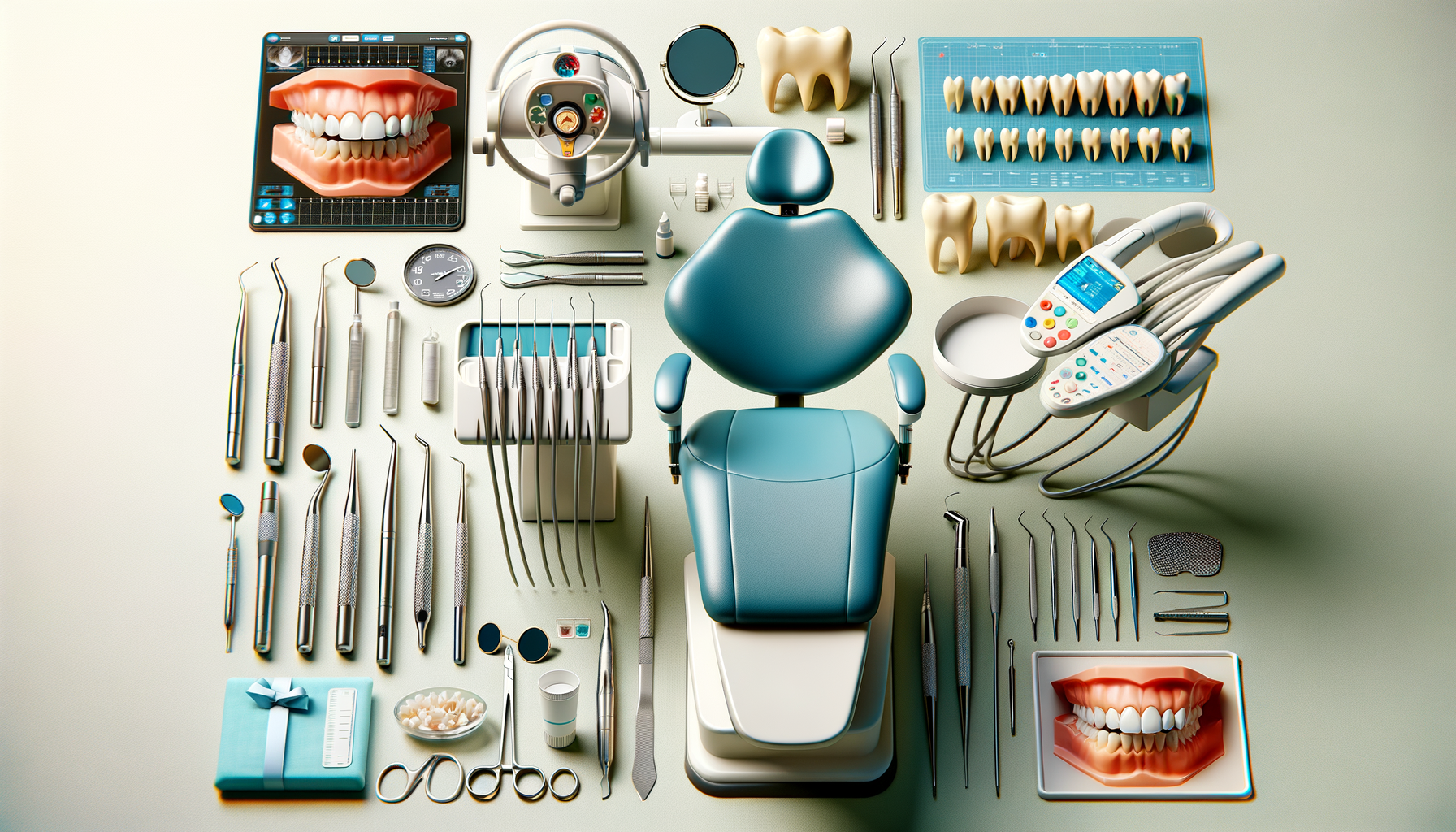The Role of Dentists in Oral Health
Dentists play a pivotal role in maintaining and improving oral health, which is a fundamental component of overall well-being. They are healthcare professionals specializing in diagnosing, treating, and preventing oral diseases and conditions. Dentists perform a range of tasks, from routine check-ups to complex procedures, all aimed at ensuring optimal oral health for their patients.
One of the primary responsibilities of dentists is conducting regular dental check-ups. These check-ups are crucial as they help in the early detection of potential oral health issues, such as cavities, gum disease, and oral cancer. Early detection allows for timely intervention, which can prevent more severe problems in the future. Additionally, dentists provide professional cleanings that remove plaque and tartar build-up, which are not easily addressed by regular brushing and flossing.
Dentists also offer guidance on proper oral hygiene practices. They educate patients on the importance of brushing twice a day, flossing, and using mouthwash to maintain healthy teeth and gums. Moreover, they advise on dietary choices that impact oral health, such as reducing sugar intake and consuming foods rich in calcium and vitamins.
In more complex cases, dentists perform procedures like fillings, root canals, and extractions. They also offer cosmetic services, such as teeth whitening and veneers, to enhance the appearance of one’s smile. By providing these services, dentists help individuals maintain not only their oral health but also their self-confidence and quality of life.
Understanding the Importance of Dental Care
Dental care is an essential aspect of maintaining overall health, yet it is often overlooked. Proper dental care involves both professional services provided by dentists and personal oral hygiene practices. Together, these elements form a comprehensive approach to preventing oral diseases and promoting oral health.
Regular dental visits are a cornerstone of effective dental care. These visits allow for early detection of issues that might not be visible or symptomatic at home. For instance, gum disease can progress silently and lead to tooth loss if not addressed promptly. Routine check-ups and cleanings help prevent such outcomes by maintaining gum health and preventing the progression of periodontal disease.
In addition to professional care, personal oral hygiene is vital. Brushing and flossing remove food particles and plaque, reducing the risk of cavities and gum disease. Using fluoride toothpaste strengthens tooth enamel, making it more resistant to decay. Mouthwash can also be beneficial, as it reaches areas that a toothbrush might miss, providing an additional layer of protection against bacteria.
Furthermore, dental care has implications beyond oral health. Studies have shown links between oral health and systemic conditions such as heart disease, diabetes, and respiratory infections. Poor oral health can exacerbate these conditions, highlighting the interconnectedness of dental care and general health. By prioritizing dental care, individuals can reduce the risk of these associated health issues, contributing to a healthier life overall.
Exploring Dental Implants: A Modern Solution for Tooth Replacement
Dental implants have emerged as a highly effective solution for individuals seeking to replace missing teeth. Unlike traditional dentures or bridges, dental implants offer a more permanent and natural-looking option that closely mimics the function and appearance of natural teeth.
The process of getting dental implants involves several stages, beginning with a thorough assessment by a dentist or oral surgeon. This assessment determines the suitability of the patient for implants, considering factors such as bone density and overall oral health. If deemed suitable, the next step involves surgically placing a titanium post into the jawbone. This post acts as an artificial root, providing a stable foundation for the replacement tooth.
After the post is placed, a healing period follows, allowing the bone to integrate with the implant in a process known as osseointegration. This integration is crucial as it ensures the stability and longevity of the implant. Once healing is complete, an abutment is attached to the post, followed by the placement of a custom-made crown that matches the surrounding teeth in color and shape.
Dental implants offer several advantages over other tooth replacement options. They provide a stable and durable solution that can last a lifetime with proper care. Implants also help preserve jawbone density, preventing the bone loss that often occurs with missing teeth. Additionally, they do not require the alteration of adjacent teeth, as is necessary with bridges, preserving the natural structure of the mouth.
While dental implants are a significant investment, their benefits in terms of functionality, aesthetics, and oral health make them a popular choice for many seeking to restore their smile and confidence.




Leave a Reply